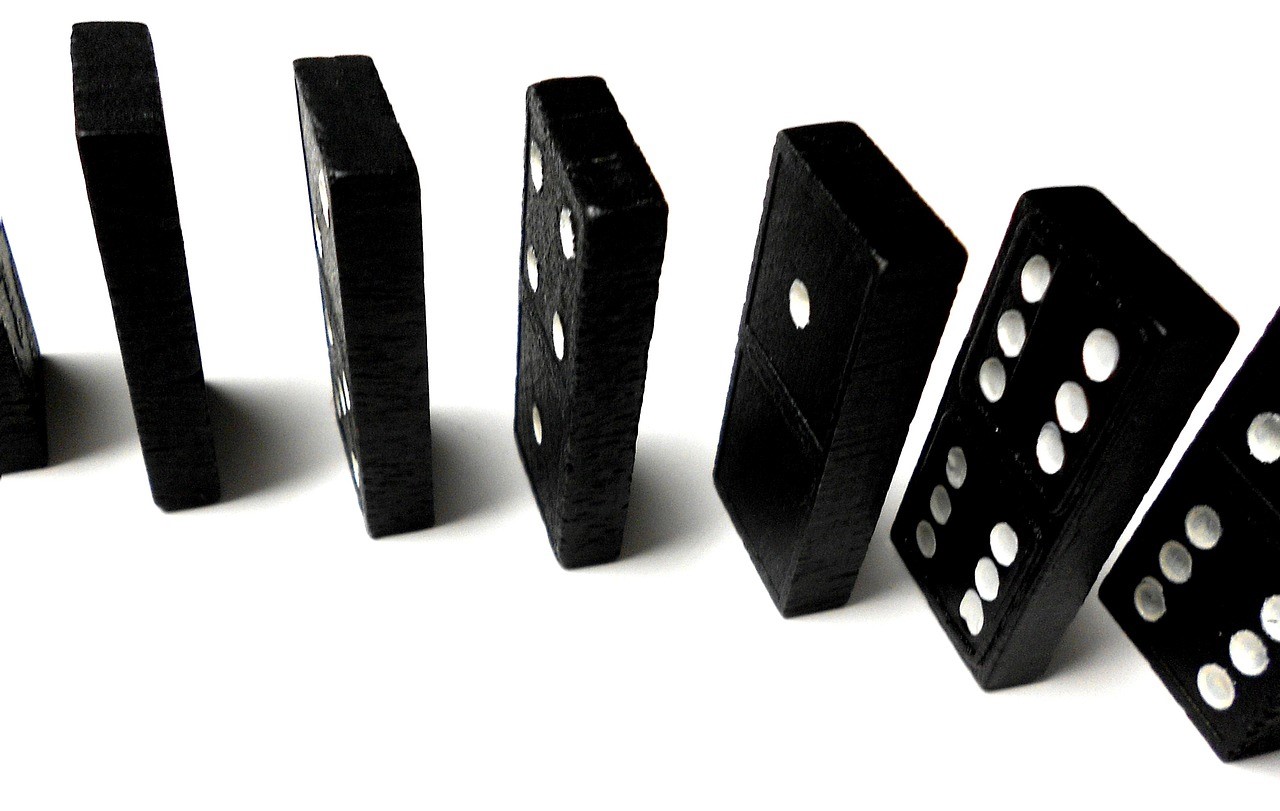Some of our recent blog posts have discussed the resurrection of a controversy over whether Google uses click-through-rate (CTR) to rank all future queries, or just adaptive searches. The controversy is not a new one, but Google’s response to the new concerns only promoted skepticism.
Now, online marketing researchers have discovered that Google has a patent that would allow them to do exactly what they are saying they are not doing.
How We Got Here
There’s this controversy in the search engine optimization (SEO) world: When someone performs a search on Google and clicks on one of the links they find on the search engine results page (SERP) – thereby increasing the click-through-rate (CTR) of that site and lowering the CTR of the others – does Google use that as a sign that the site is relevant and important for that particular search query?
If they do, then it would mean that sites that get clicked on more often would improve in the rankings for future searches for the same or for similar search queries.
On the one hand, it would make sense for Google to do this: They want to provide satisfactory results for searches in order to keep people coming back to the site and increasing the costs of advertising on Google, and tracking which sites someone clicks on in the SERP would provide valuable data for making that happen. It would even fit into the trend at Google away from traditional search signals and towards those produced by users.
On the other hand, if CTR increased a site’s rankings in future searches, you know that black hat SEO actors would buy web traffic to manipulate the practice – they would, quite literally, pay people in the developing country of your choice to get on the internet, go to Google, enter a particular search query, and click on a particular website.
That’s why we at Myers Freelance were content with the idea that Google only used CTR for adaptive searches – SERPs that give you a unique listing of sites catered to your prior search history.
But then Google weighed in on the controversy’s resurrection. They could’ve said straight out that no, CTR did not influence future searches. But they didn’t.
What’s New: Google Has a Patent that Would Alter Rankings Based on CTR
Another wrinkle in the situation appeared when it was discovered that Google has a patent for an algorithm that would help them do exactly what they said they don’t do.
The patent logs the results in a SERP, and makes note of:
- The search query
- The results listed on the SERP
- What each result included, including the name of the hyperlink on the SERP and the meta description
- The results that were clicked on
- The results that were not clicked on
The wrinkle grows with another detail: Google has had the patent for awhile, and they have maintained it through continuation patents. The original patent application was way back on November 2, 2006, though it was not issued until February 25, 2014. The original patent application has been updated by Google through the continuation process on December 30, 2013 (a continuation that was issued on January 12, 2016), and again through a continuation application on January 11, 2016, though that application is still pending.
What This Means for Your Law Firm’s SEO
There’s a lot that we don’t know, and that we’ll probably never know. Chief among the missing pieces is whether Google actually uses this patent. Google has gone on the record before to say that a lot of the patents that it has acquired have never been used in their search algorithms.
That thought does get weakened by the fact that Google has updated its patent several times, though.

We think that the big takeaway should be that law firms should add their CTR to the list of metrics that they should note in their online marketing efforts. Too many dominoes have fallen against the idea that CTR is not a ranking factor for it to be ignored. However, that doesn’t mean that CTR should be treated as a goal for your website just yet. We still don’t know how it could fit into the grand scheme of things.